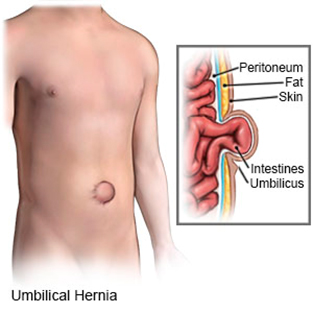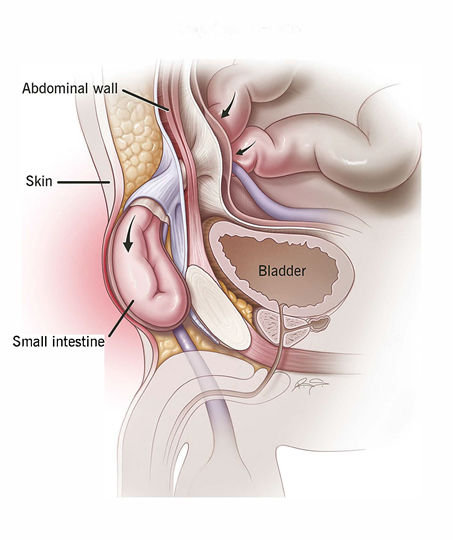
A hernia occurs when an internal organ or other body part protrudes through the wall of muscle or tissue that normally contains it. Most hernias occur within the abdominal cavity, between the chest and the hips. The most common forms of hernia are:


An inguinal hernia occurs when tissue, such as part of the intestine, protrudes through a weak spot in the abdominal muscles. The resulting bulge can be painful, especially when you cough, bend over or lift a heavy object. An inguinal hernia isn’t necessarily dangerous. It doesn’t improve on its own, however, and can lead to life-threatening complications


Kariz Teb Aseman
Typically replies within minutes
Please ask me any questions you have!
WhatsApp Us
WhatsApp us